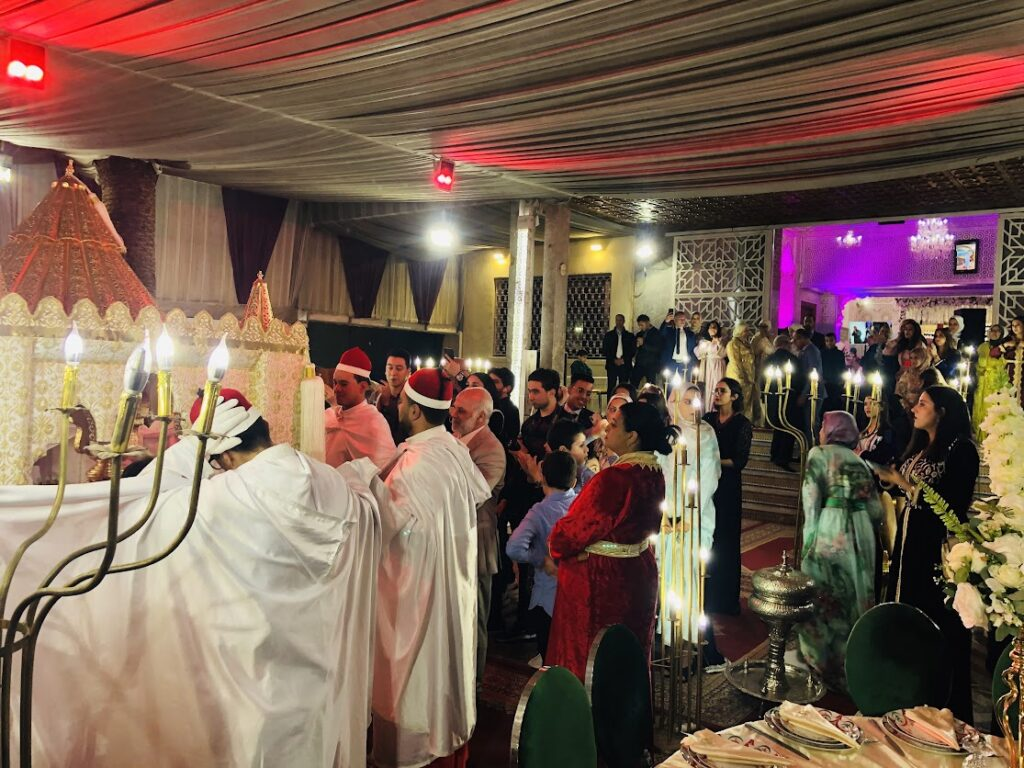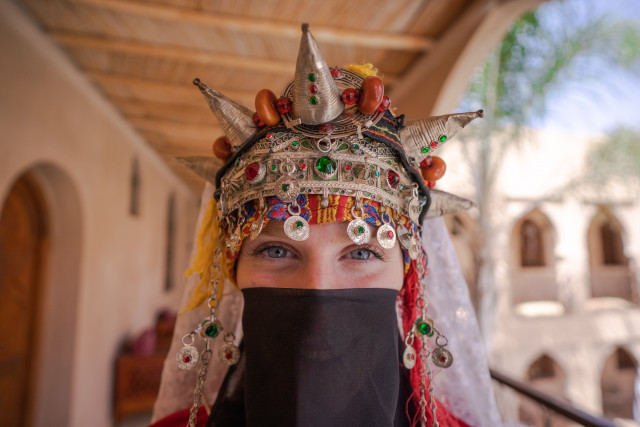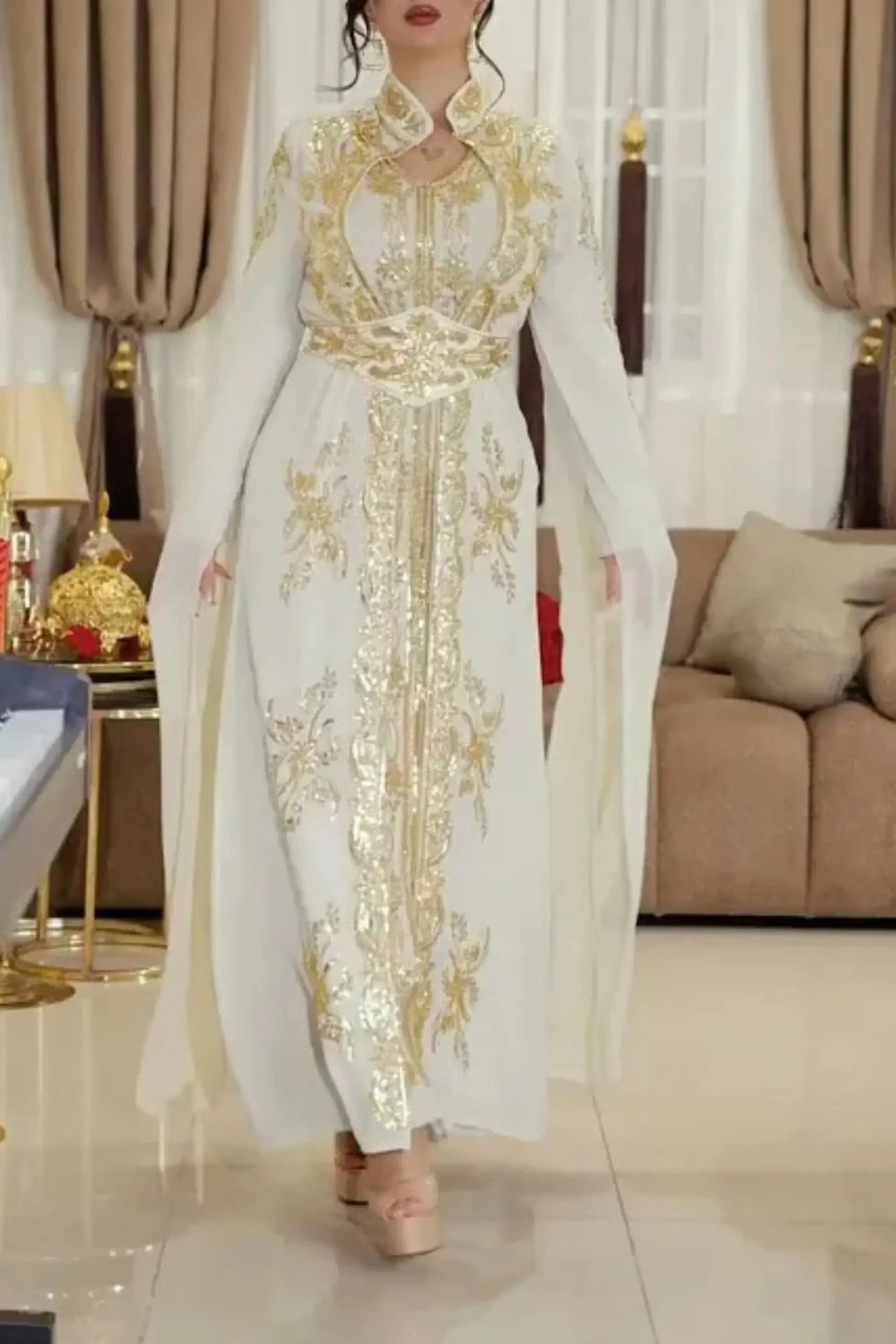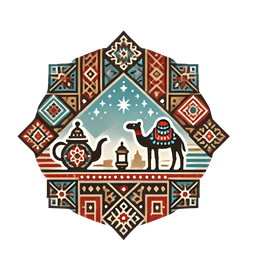- Published on
The Vibrant Tapestry of Moroccan Weddings A Celebration of Tradition and Love
- Authors

- Name
- Adil ABBADI
Introduction

In Morocco, weddings are a grand affair, a joyous celebration that brings together families, friends, and communities to rejoice in the union of two beloved individuals. Steeped in tradition and rich cultural heritage, Moroccan weddings are a kaleidoscope of colors, sounds, and flavors that reflect the country's unique blend of Amazigh and Arabic influences. From the elaborate decorations to the mouth-watering cuisine, every aspect of a Moroccan wedding is a testament to the country's warm hospitality and deep respect for heritage.
- Cultural Context
- Traditional Significance
- Modern Relevance
- Cultural Preservation
- Conclusion
- Cultural Call-to-Action
Cultural Context
Moroccan weddings are deeply rooted in the country's rich cultural heritage, which is a blend of Amazigh, Arabic, and Mediterranean traditions. The Amazigh people, also known as Berbers, are the indigenous inhabitants of Morocco, and their influence is evident in the country's language, music, and customs. The arrival of Arabs in the 7th century introduced Islamic traditions, which merged with the existing Amazigh culture to create a unique and vibrant cultural identity.
Traditional Significance
In Moroccan culture, weddings are a celebration of family, community, and social status. The marriage union is considered a sacred bond between two families, rather than just the couple. The traditional Moroccan wedding, known as "al-'urs," is a multi-day celebration that involves various rituals and customs.

One of the most important wedding customs is the henna night, known as "laylat al-henna." On the eve of the wedding, the bride's hands and feet are adorned with intricate henna designs, which symbolize good luck, fertility, and beauty. The henna night is a women-only celebration, where the bride is pampered and prepared for her big day.
Modern Relevance
While traditional Moroccan weddings continue to thrive, modern couples are also incorporating contemporary elements to make the celebration their own. Many couples are opting for a more intimate, destination wedding, blending traditional customs with modern amenities and luxury. This fusion of old and new is a testament to the adaptability and creativity of Moroccan culture.

Cultural Preservation
Efforts to preserve and promote Moroccan wedding traditions are crucial in maintaining the country's rich cultural heritage. The Moroccan government has launched initiatives to support artisans and craftsmen, ensuring the continuation of traditional crafts such as embroidery, woodworking, and pottery. Additionally, cultural centers and museums are working to document and exhibit Moroccan wedding customs, providing a valuable resource for future generations.
Conclusion
Moroccan weddings are a vibrant tapestry of tradition, culture, and love. From the intricate henna designs to the mouth-watering cuisine, every aspect of the celebration is a testament to the country's deep respect for heritage and community. As Morocco continues to evolve and adapt to modern times, its rich cultural traditions remain a cornerstone of its identity, a beacon of warmth and hospitality that welcomes all to its vibrant celebration of love and family.
Cultural Call-to-Action
As we celebrate the beauty of Moroccan weddings, let us also acknowledge the importance of cultural preservation and appreciation. Let us continue to learn, respect, and cherish the rich cultural heritage of Morocco, and inspire future generations to do the same.
